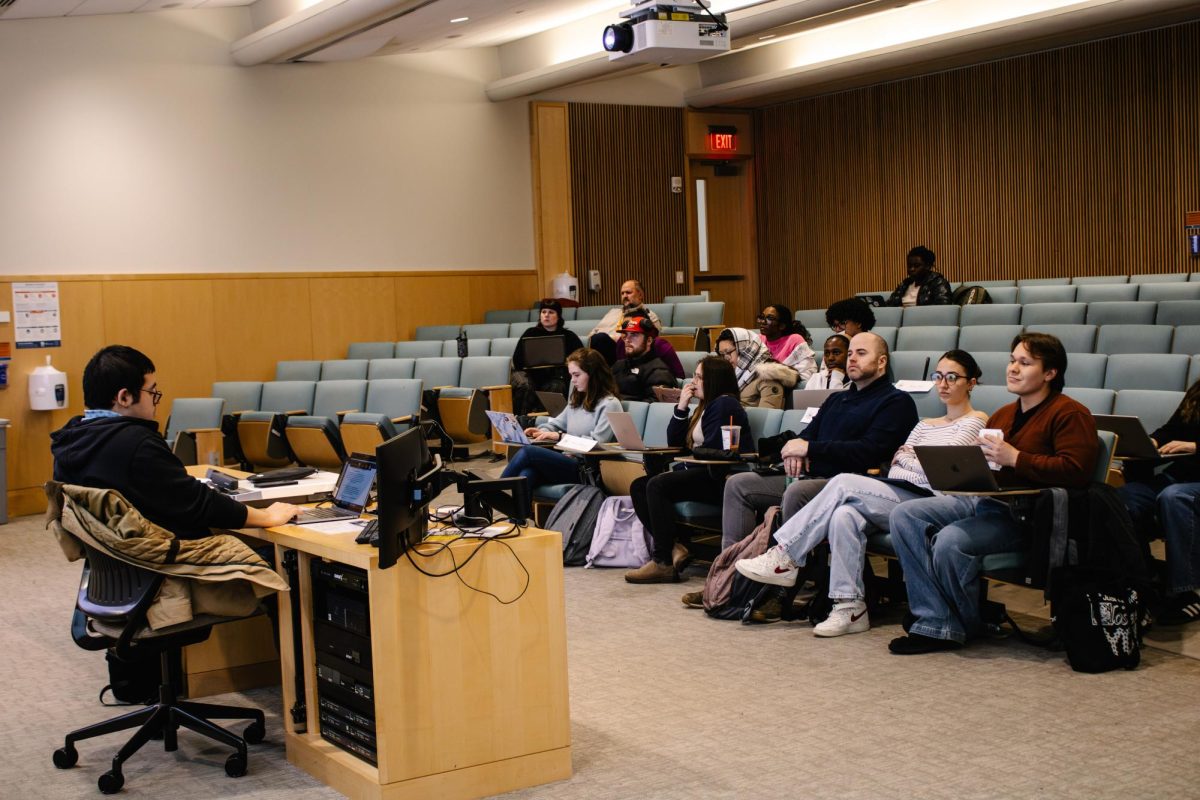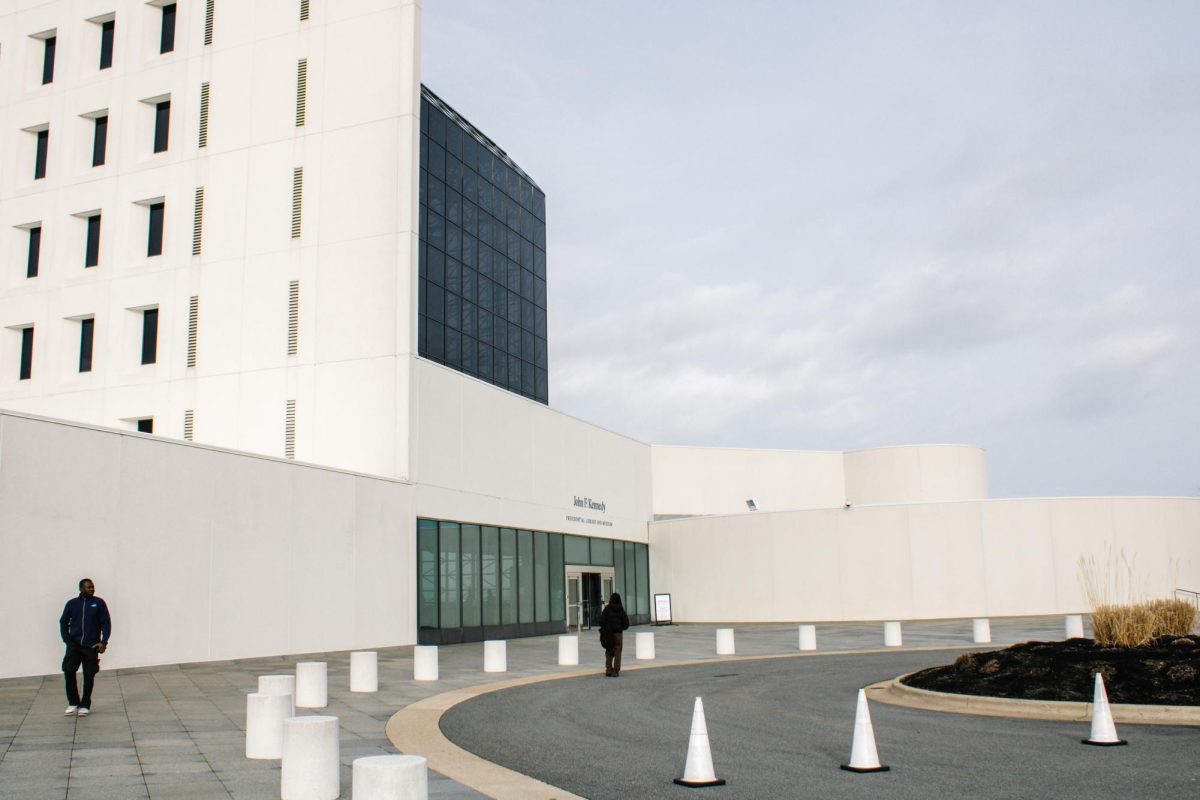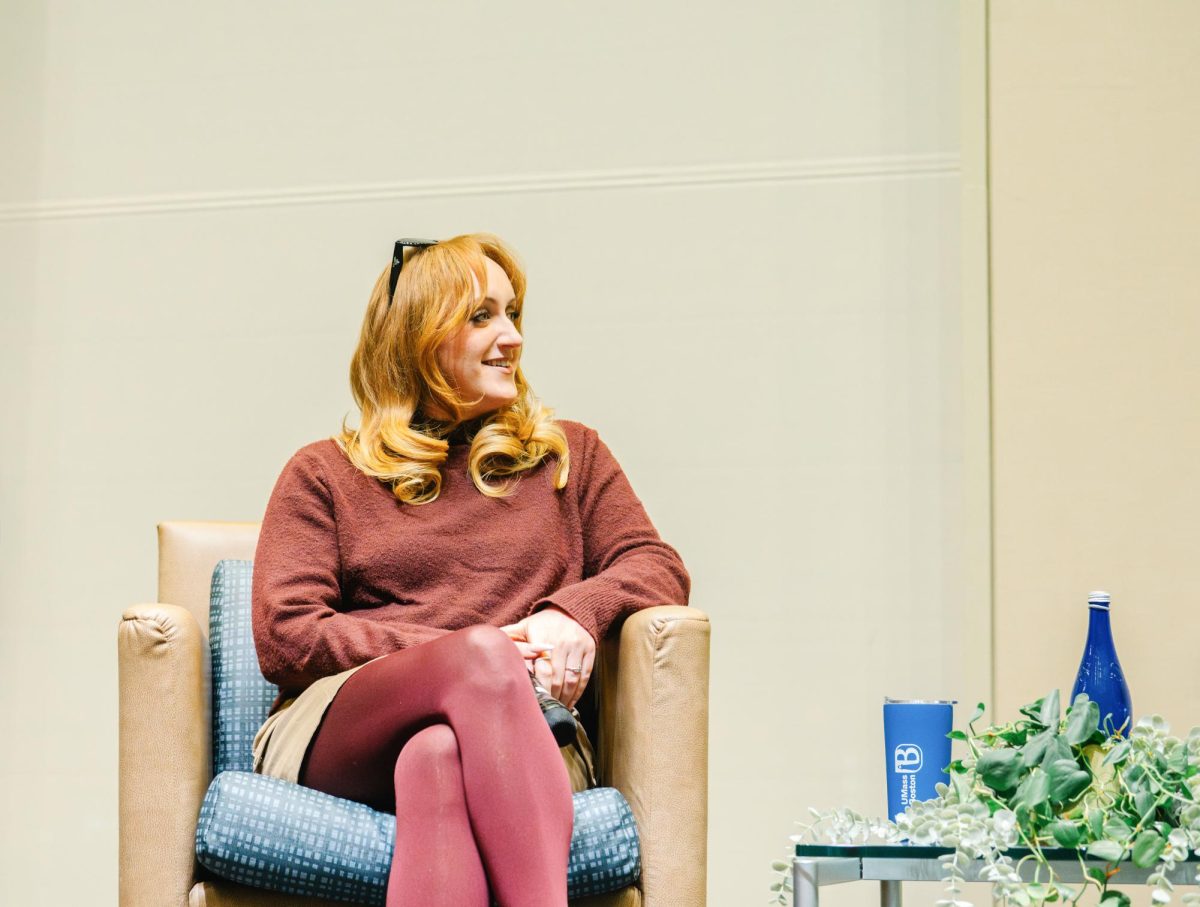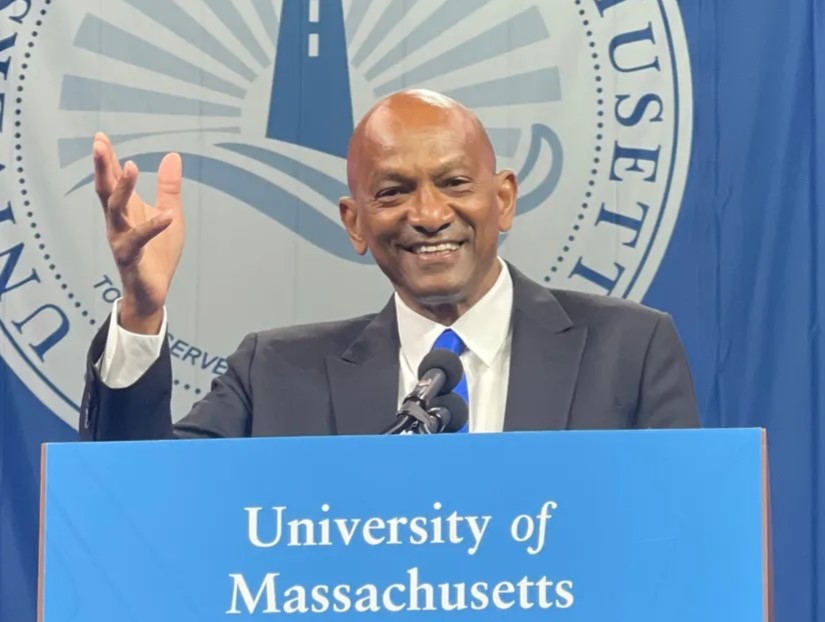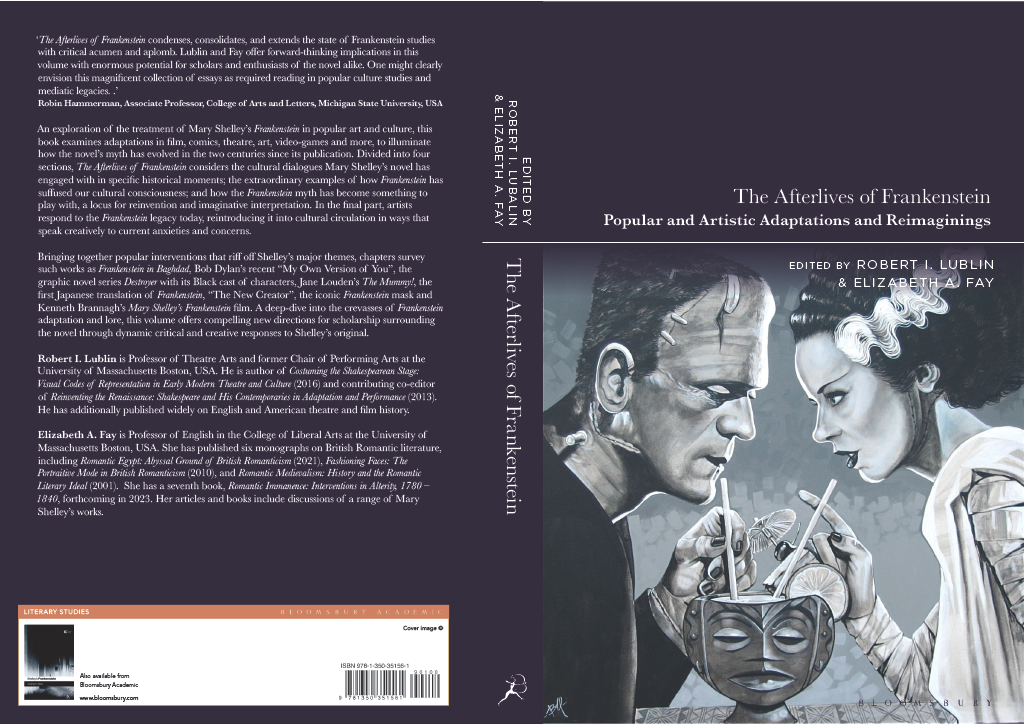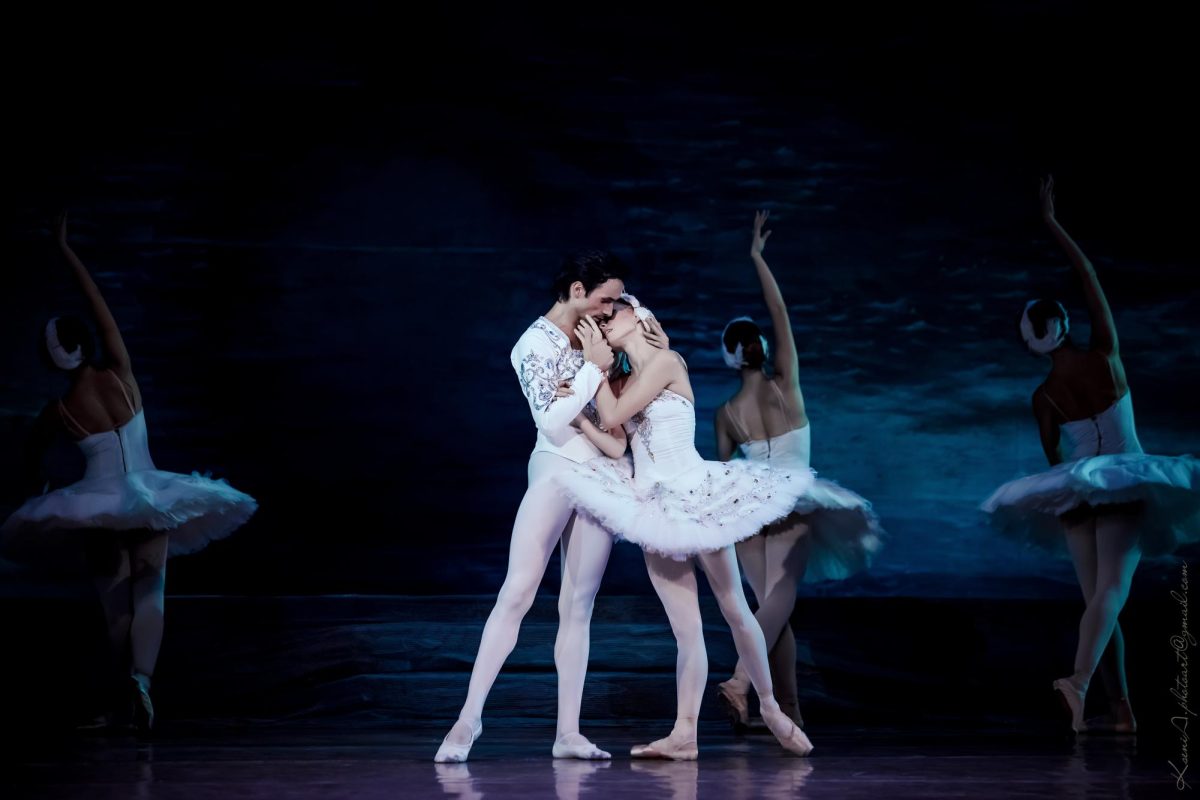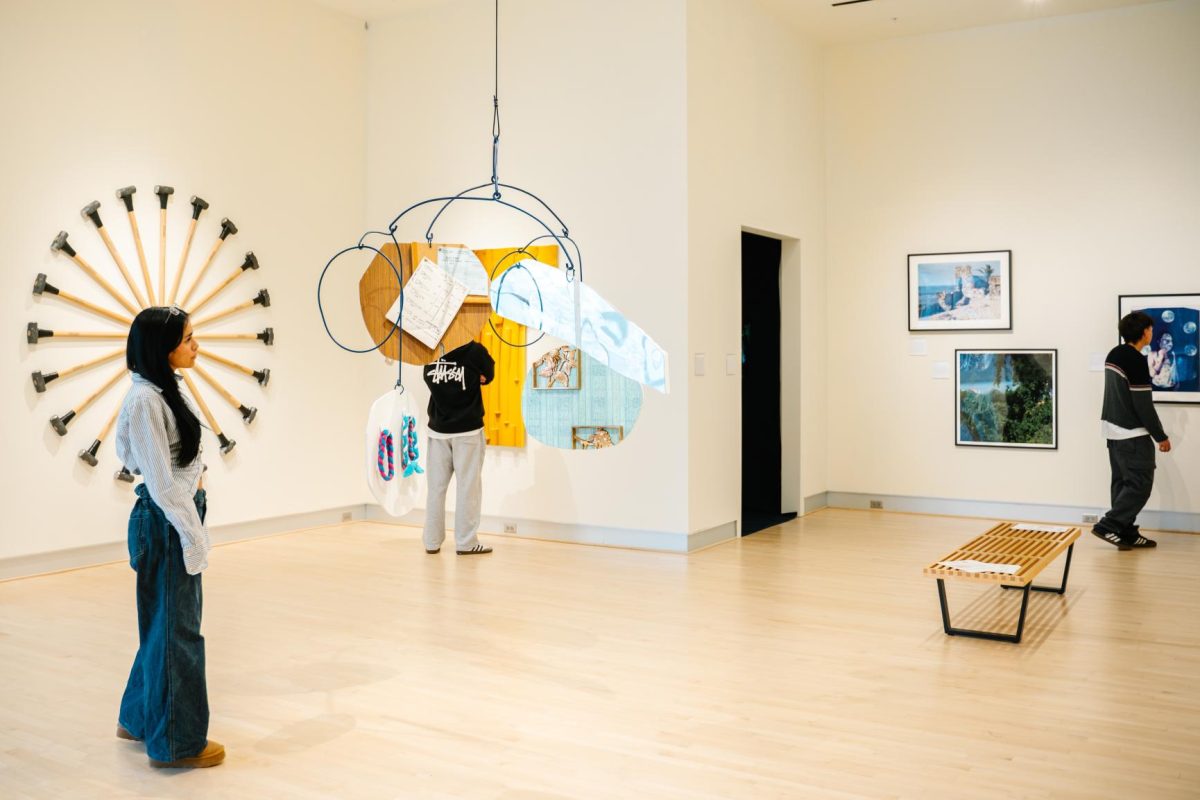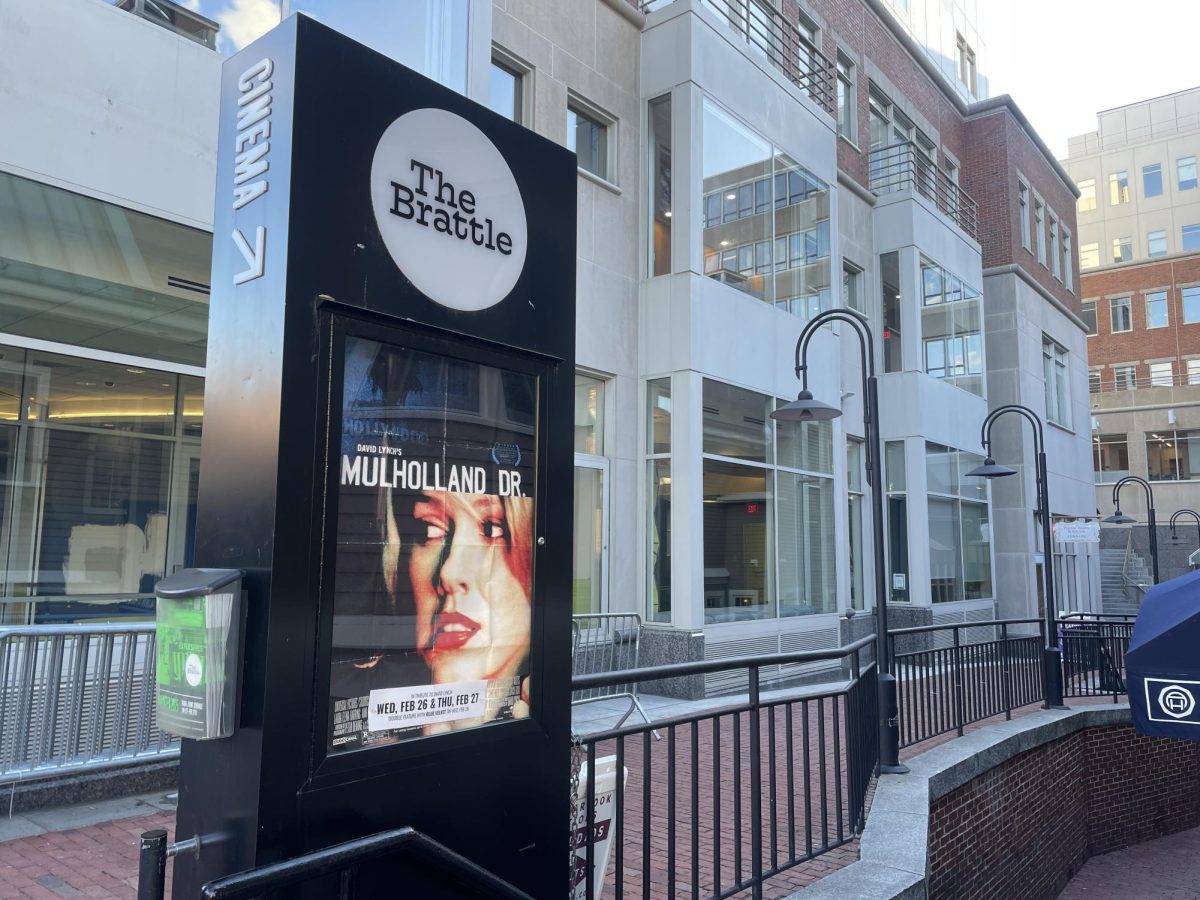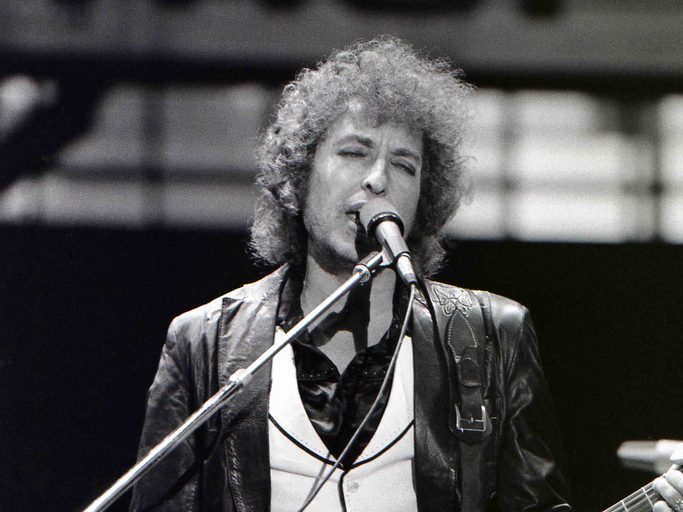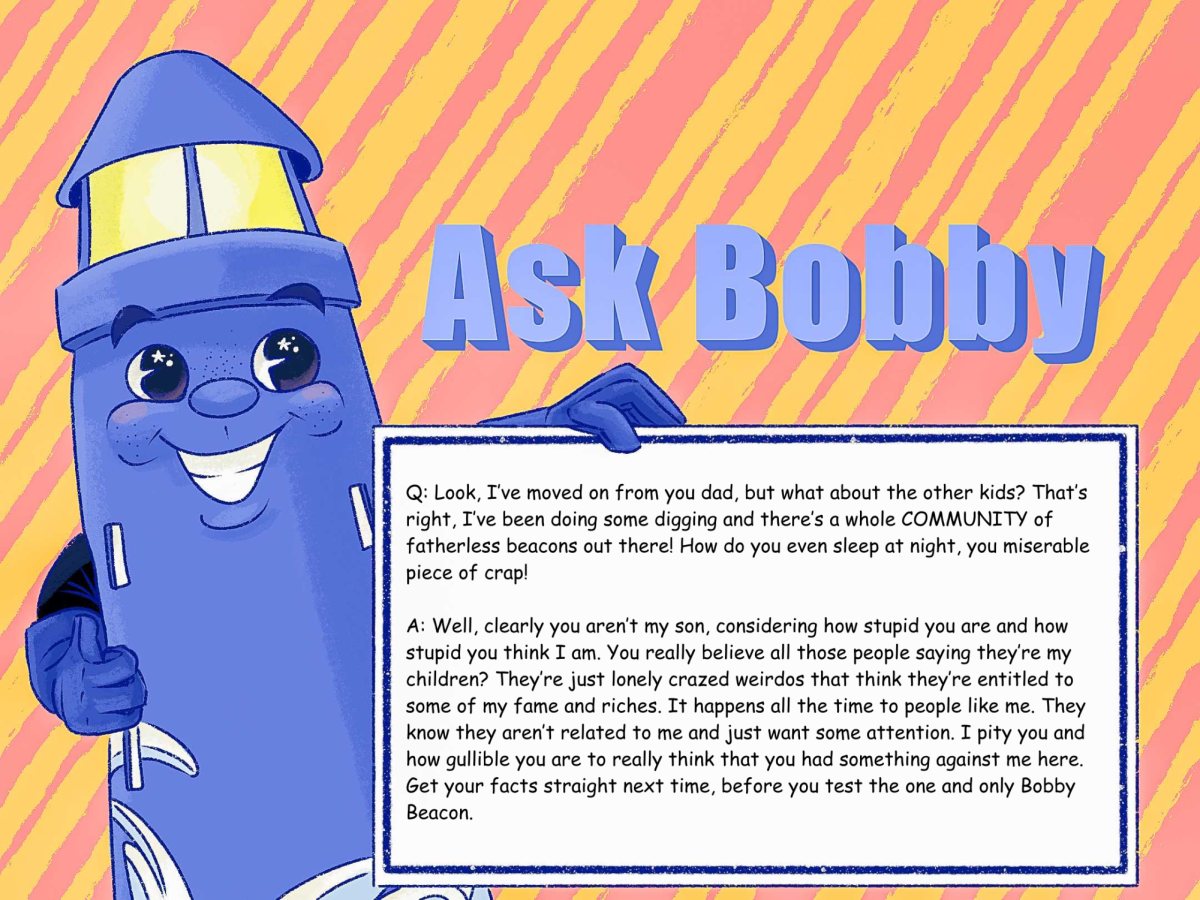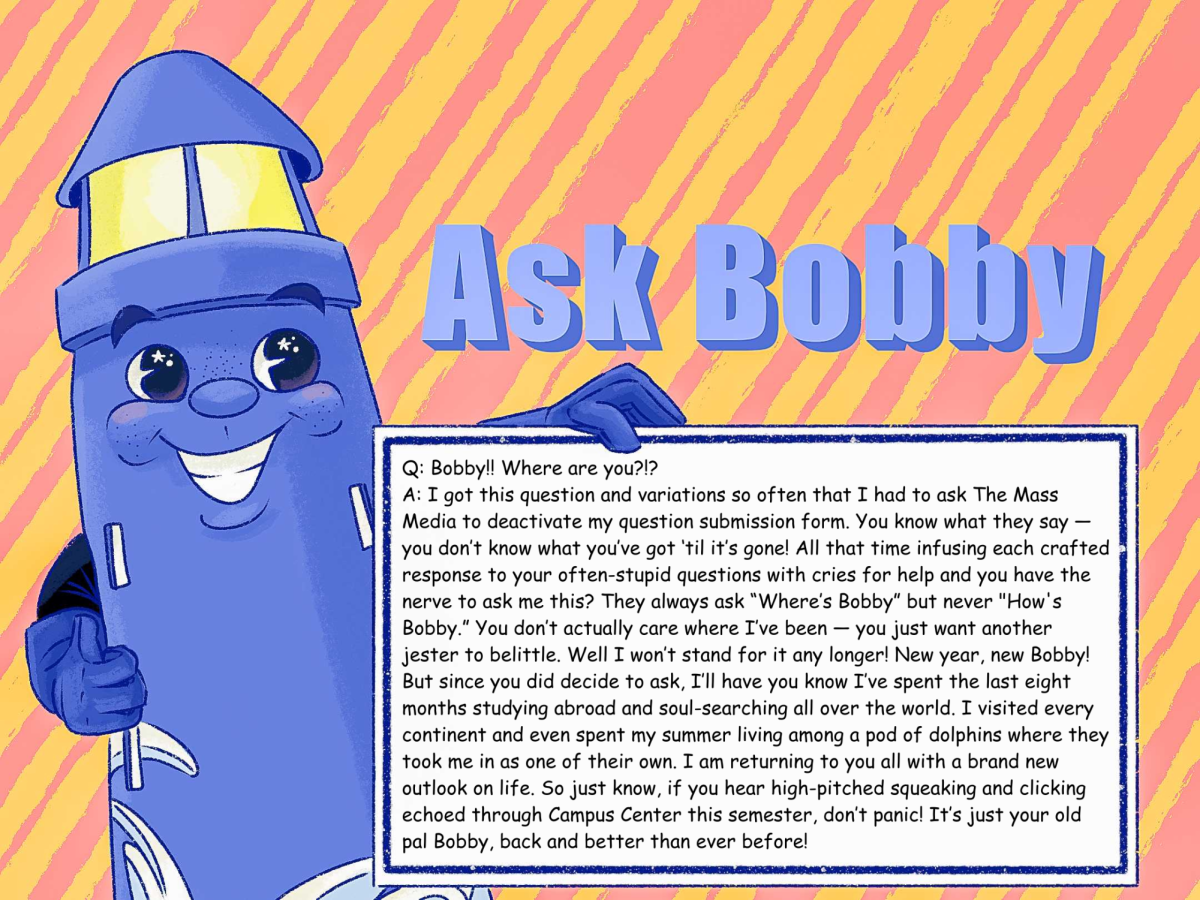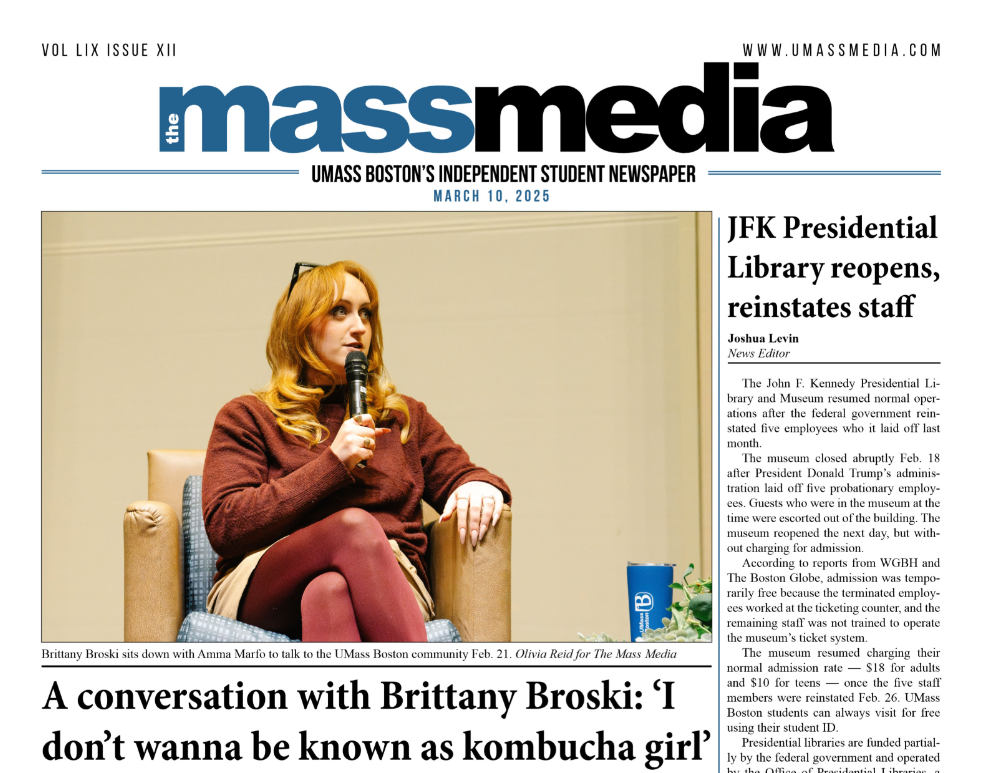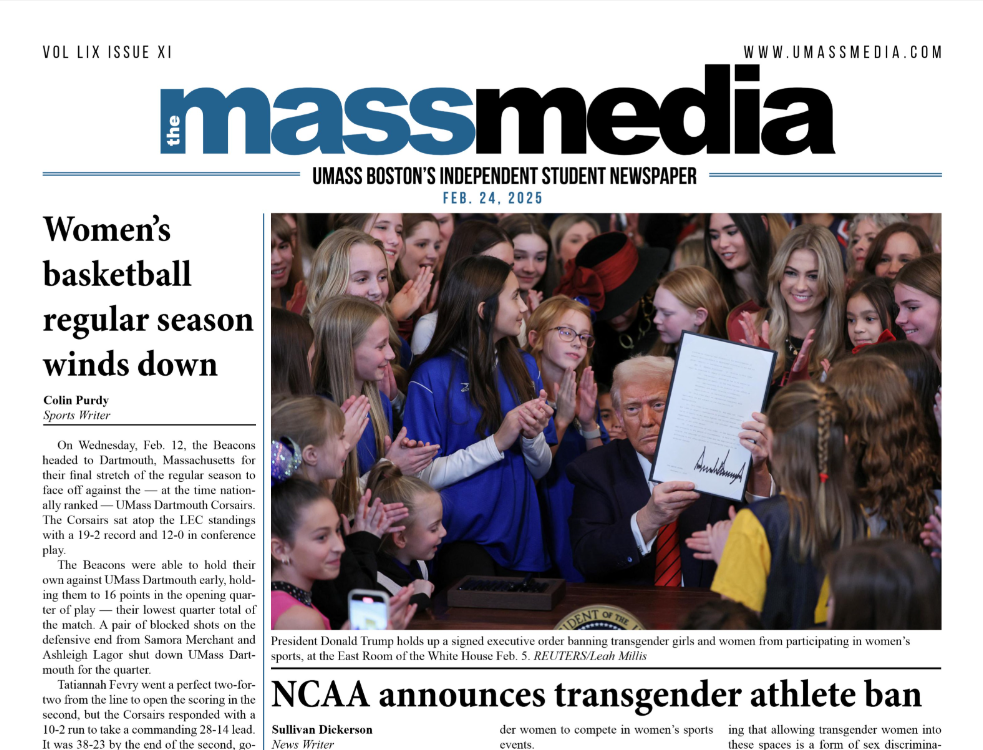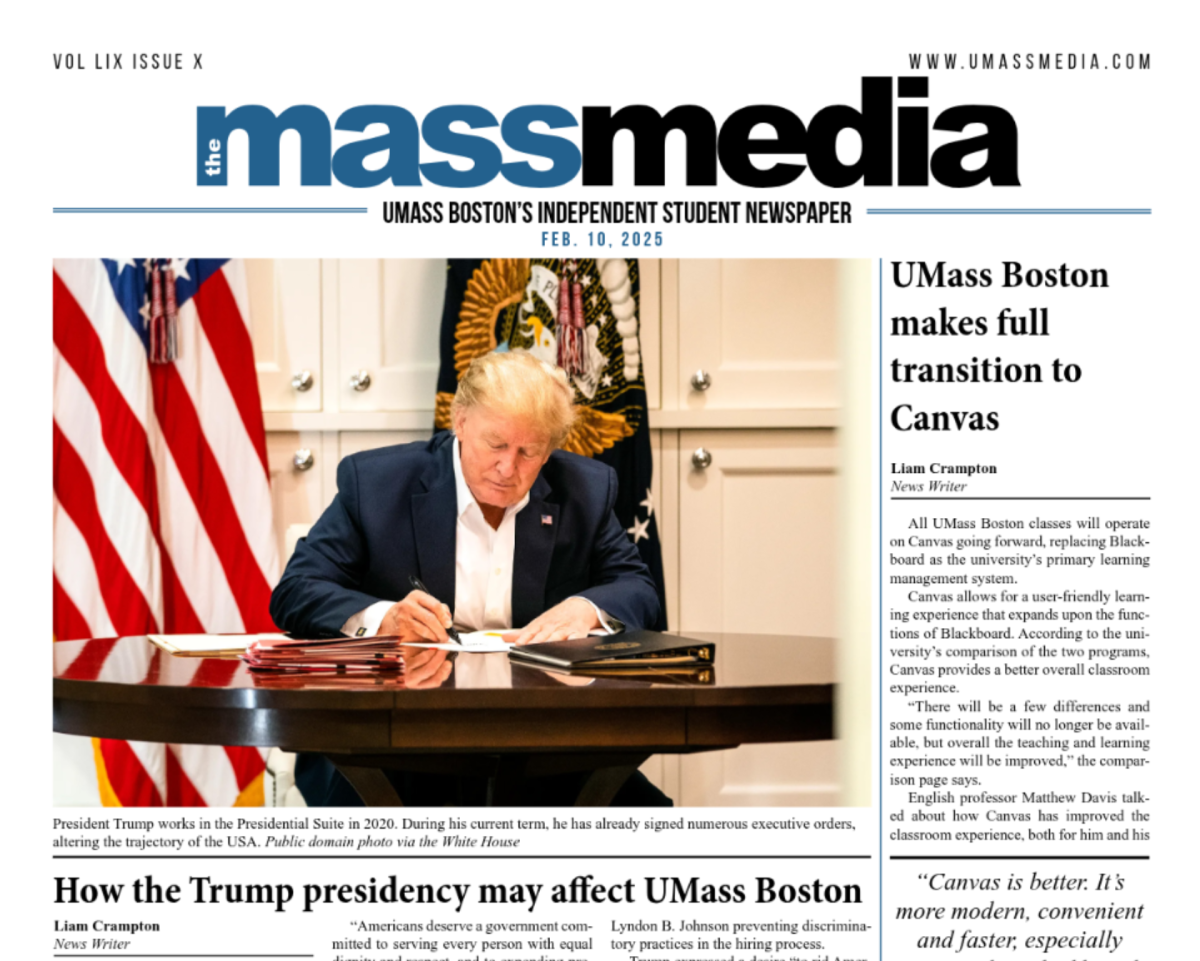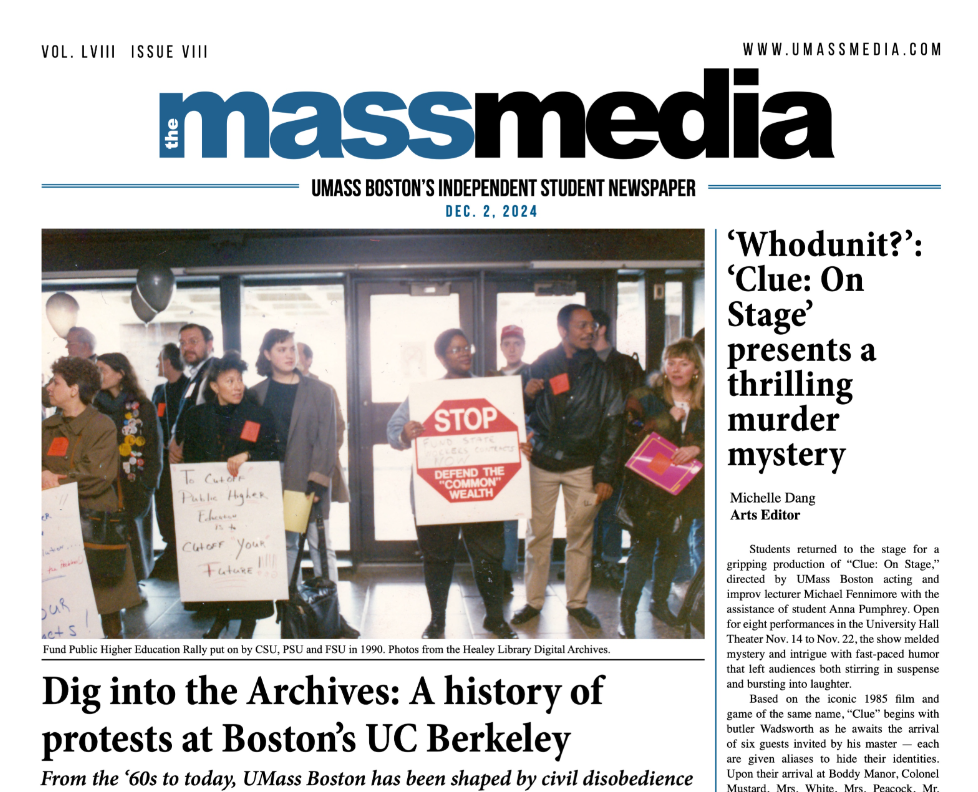The Importance of Being Earnest
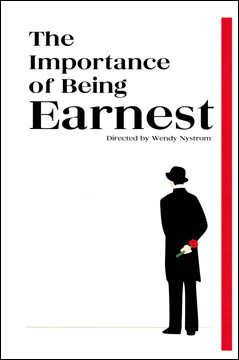
A flyer from the play “The Importance of Being Earnest.”
December 3, 2003
“The Importance of Being Earnest” is an exercise in duality and contradictions. It takes a light-hearted approach to the issue of maintaining appearances, which in this case become reality, using double entendres and playwright Oscar Wilde’s characteristically acerbic wit. Directed by Wendy Nystrom, it was performed on two successive weekends, Nov. 13-15 and Nov. 20-22.
Written by Wilde and successfully performed on the London stage in 1895, “The Importance of Being Earnest” is a somewhat convoluted tale of unconventional forays into Victorian era romance. Sarcastic in its tone concerning culture, it is easy to get lost in the commentary of what, on one level, could be taken as a simple comic plot involving false identities, discovery, and marriage. Wilde produced this play not long before his own downfall and tragic death, persecuted for his homosexuality.
Caught between the high-minded elegance of the city and the simplistic beauty of the country, Algernon Moncrieff (Matt Flynn) pretends to have an invalid friend named Bunbury, whose failing health causes Moncrieff to frequently be called to the country to care for his companion. “Bunburying,” as he refers to it, adds up to a cheap ploy to avoid unpleasant obligations to his family, friends and business associates in the city.
Algernon’s pal Jack Worthing (Randy Grossman), the quintessential rural gentleman of Victorian era, claims to have a younger brother, Ernest, whose “dreadful scrapes” continually drag Jack to London to bail him out. To further his deception, Jack actually goes by the name Ernest while in the city, which serves to conceal his love of a less upstanding city life from his young ward, for whom he’s trying to set a good example. When Algernon stumbles across a cigarette case inscribed to Jack but, thanks to the dandified customs of the nineteenth century, containing Ernest’s calling cards, Jack is forced to show his hand. Algernon manages to get the address of Jack’s country villa, where he arrives the next day as Ernest, who, of course, no one there has ever met.
Meanwhile, Jack has decided to do away with his brother, in whom his ward is “a little too much interested.” Upon arriving home he is shocked to find “Ernest” is alive, well, and engaged to his ward, the enchantingly flighty Cecily Cardew (Geordanna Poulten). The plot thickens further when the Honorable Gwendolyn Fairfax (Amanda Kelly) also comes by for a surprise visit finding that her “Ernest,” in reality Jack, who she has thus far only met in the city, is engaged to another woman. Both women declare their love for a man named Ernest, so the men race to be rechristened. When the truth is finally revealed and identities sorted out, all four are engaged: Cecily to Algernon and Gwendolyn to Jack.
Like The Picture of Dorian Gray, we can see Wilde’s views on aesthetics played out onstage successfully by the UMB theater arts majors. The tangible chemistry between Kelly and Poulten, as well as the sexual tension between Rev. Chasuble (Andrew Boyle) and Cecily’s nurse, Miss Prism (Heather Philips) helped turn what could be a verbally mind-bending and pedantic play into a humorous and tolerable three-hour extravaganza.
“The Importance of Being Earnest” was entered into the Kennedy Center American College Theater Festival (KCACTF). This program is aimed at eliciting critical responses from KCACTF representatives and allows students who participate to become eligible for scholarships and grants. If selected, the entrants then have a chance to be included at the regional festival.


